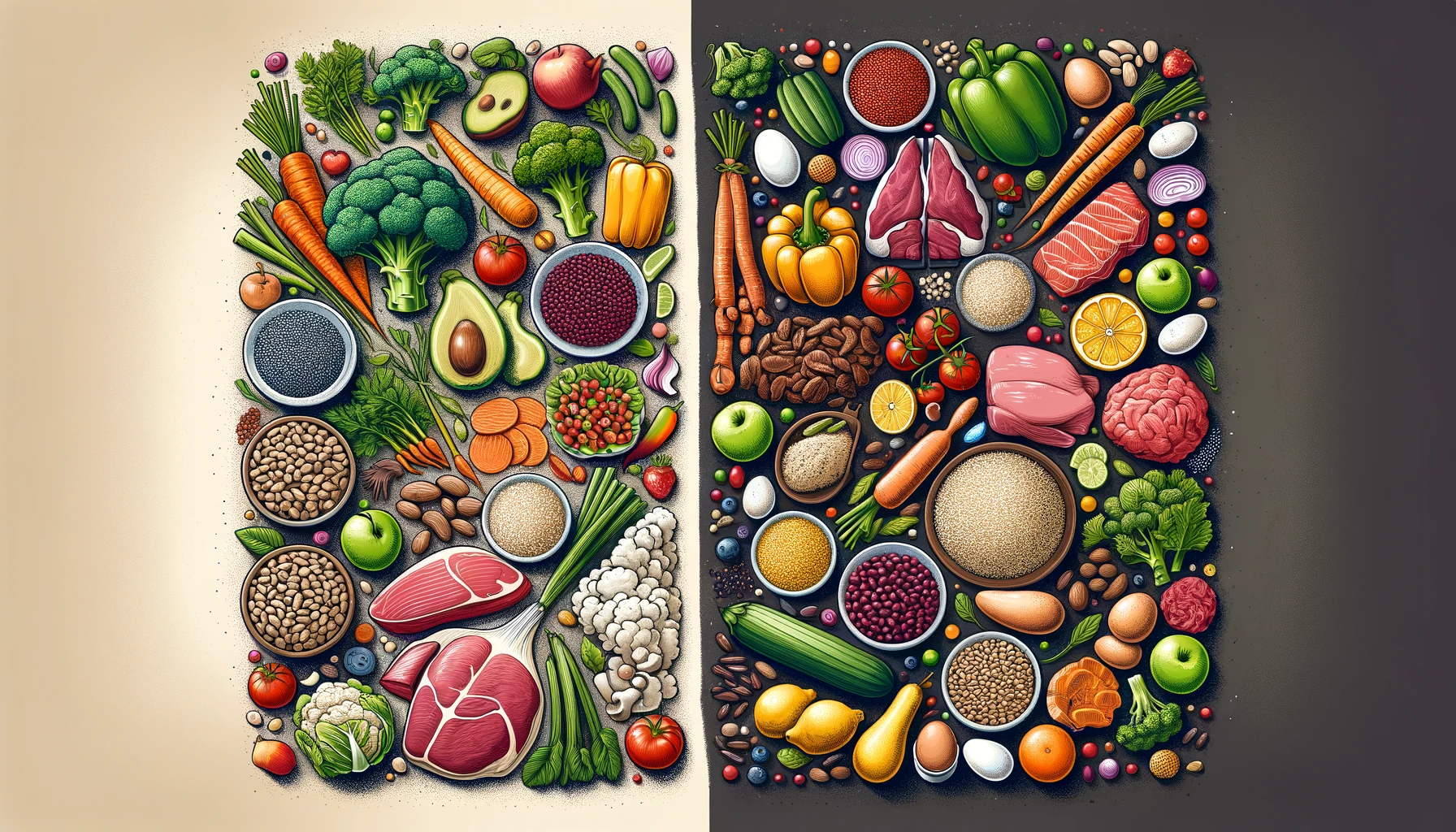Netflix’s newest documentary series, “You Are What You Eat,” has caused quite a stir in the health and fitness world with its groundbreaking findings on the benefits of a vegan diet. The series recounts a study published in the prestigious scientific journal JAMA, which focused on the health outcomes of pairs of identical twins who followed either a vegan or omnivorous diet for 8 weeks.
The study, which included only 22 pairs of twins, all initially omnivorous, revealed surprising results. Those who followed a vegan diet showed significant improvements in key health indicators such as low-density lipoprotein cholesterol, fasting insulin levels, weight loss, and gut health compared to their omnivorous counterparts. These findings suggest that a healthy plant-based diet may offer a protective advantage for heart health and overall well-being.
Despite the clear benefits of a vegan diet highlighted in the study, some methodological clarifications are necessary. The research did not compare various levels of plant-based diets, such as vegetarian or predominantly vegetarian diets, leaving room for further exploration. Additionally, the study pointed out the importance of supplementing with vitamin B12 when following a completely vegan diet to ensure nutritional adequacy.
One of the key takeaways from the study is the potential impact of certain foods on cardiovascular health, specifically those high in substances like TMAO found in animal products. Further investigation is needed to understand the role of TMAO as a risk factor for heart disease and the association of dietary components with its concentration in the blood.
While the study’s duration of just 8 weeks may be considered short, the inclusion of monozygotic twins helped minimize genetic variability, making the results even more compelling. The importance of a well-rounded and balanced plant-based diet, rich in vegetables, legumes, fruits, whole grains, nuts, and seeds, was underscored as a key factor in achieving positive health outcomes.
As the documentary sheds light on the benefits of a plant-based diet, it ignites a conversation about the role of food in overall health and well-being. While more research is needed to fully understand the complexities of dietary choices, the evidence presented in the study points towards the potential advantages of embracing a plant-based lifestyle for optimal health and longevity.
